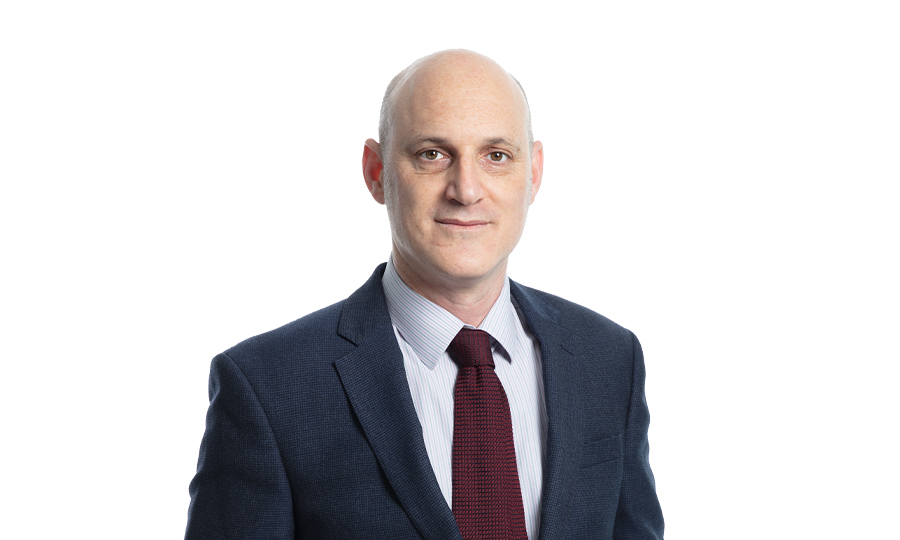Repeat of Anne Sacoolas virtual proceedings unlikely – Nick Vamos in the media
Nick Vamos, our head of Business Crime & Investigations, has been quoted extensively in the media, commenting on the unprecedented decision to allow the killer of Harry Dunn to appear in court entirely remotely from start to finish.
Nick is a former Head of Extradition at the Crown Prosecution Service (CPS) and, since 2021, he has been working pro bono, with Associate Debbie Sayers, for the teenager’s family and campaign group.
The 19-year-old died in 2019 after being struck by a car driven by US citizen Sacoolas, who had pulled out of RAF Croughton, Northamptonshire, and was driving on the wrong side of the road.
Shortly after the crash, Mrs Sacoolas, whose husband was a US official stationed at the airbase, returned to the US and the US authorities claimed diplomatic immunity on her behalf. She has not returned to the UK since.
At the end of 2019, the CPS charged Mrs Sacoolas with causing death by dangerous driving.
At the end of September, she appeared in court for the first time, and earlier this week, she pleaded to causing the teenager’s death by careless driving, appearing each time via a video-link from her lawyers’ offices in Washington DC.
Nick spoke to the PA news agency about the highly unusual nature of the proceedings, with his comments being picked by dozens of national media, including The Independent, the Evening Standard, MSN UK and Yahoo! News.
Unprecedented circumstances
Nick said that Mrs Sacoolas could “have simply turned her video-link off and walked away” at any point in proceedings.
Nick explained that coronavirus legislation allows even the most important court sessions, such as plea and sentence hearings, to be done remotely. However, “the reason why we don’t do that normally is because it means the court has no control over the defendants”.
“The whole principle of criminal justice is that the defendant surrenders to the court, is under the control of the court, and has to do whatever the court directs.
“Yet Anne Sacoolas hasn’t done that. She could at any point in these proceedings have simply turned her video-link off and walked away, and there’s nothing the court could have done about it. So the idea that it depends on her consent, as opposed to the court’s power, is very unusual and it’s led to these unprecedented circumstances.
“It’s a way of circumventing extradition. So forget Anne Sacoolas for a moment; think about an international fraudster or drug trafficker… who’s managed to leave the country ahead of being charged and therefore couldn’t be held in custody. They might say, ‘Well, I don’t want to come back to the UK, I’d just like to phone it in. I’ll join the trial from wherever I am now… and we’ll go all the way through to the end and see what happens’.
“That’s just not what anybody would call justice. You don’t give the defendant the choice of whether to come back or not.
“It might be justified in Anne Sacoolas’s case because of the unusual circumstances, because she’s effectively consenting. But it’s really hard to see how it could be justified as a general rule that if you’d rather not be extradited and stay put, you can just dial into your trial, or drop out if you choose.
“I hope that this isn’t a precedent for doing this again… and I’m sure that the court agrees and the CPS agrees. Nobody could come along in the future and say, ‘I now have a right to entirely remote trial because Anne Sacoolas did’, because the CPS would just say, ‘We’re not going to support that application, your position is completely different’.
“So it’s a proof of concept, which I think was justified in in this case because it’s so exceptional, but I don’t think it will be repeated.”



